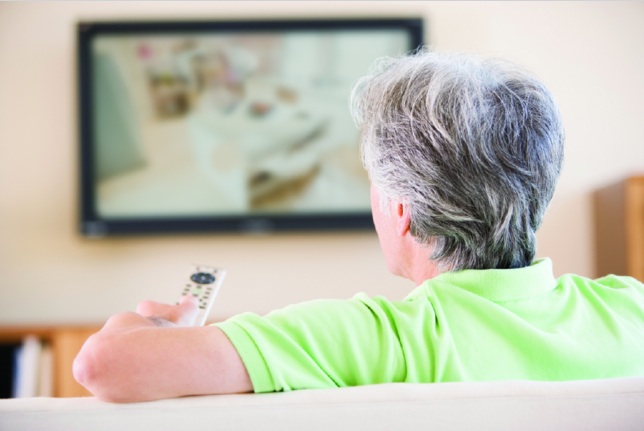
by Deniz Ahmadinia, Psy.D; (courtesy of NAMI- National Alliance on Mental Illness)
Recently, the news has been riddled with devastating stories of terrorist attacks, police brutality, murder, rape, racism and injustice, leaving many to struggle with difficult emotions. Thanks to technological advances, we are receiving unrelenting minute-by-minute, graphic coverage of these stories with greater speed, intensity and repetition than ever before. While the media invites us to share in the loss and trauma of others, our innate ability to empathize with human suffering puts us at risk for carrying a heavy emotional burden.
While everyone copes and reacts to this exposure in their own way, the impact can range from being glued to social media stories to completely avoiding the news or any related discussions. While some struggle with anger, sadness and helplessness, others have described feeling emotionally exhausted from continual grieving to the point that they have become numb and desensitized. What people are now realizing is that we are all experiencing trauma.
As an audience, we are all vulnerable to a great amount of distress and even vicarious traumatization or compassion fatigue.
Signs and Symptoms
Symptoms of vicarious traumatization or compassion fatigue can occur quickly and unexpectedly and may include:
- Emotional and physical exhaustion
- A tendency to withdraw and isolate
- High levels of stress
- Irritability and anger
- Feeling helpless
- Depression
- Anxiety and fear
- Confusion
- Changes in beliefs related to safety, trust, power/control, esteem and intimacy
- Emotional numbness
Symptoms can become exacerbated with each additional exposure to a video clip or detailed survivor account. To be clear: I do not advocate for avoidance of these stories or discussions about them, as doing so is denying the reality of the world we live in and the pain inherent in existing in it. It is our natural tendency to move away from discomfort. And yet, the challenge is that we face situations and interactions that bring discomfort nearly everyday.
However, spending our time and energy trying not to feel something that is already there can create more distress and suffering in the longterm.
I won’t pretend that I have the answer to how we should heal as a nation and as a global community, but I believe in our ability to cultivate resilience in the face of stress and crises.
Building Resilience and Enhancing Well-being
Mindful Meditation: Mindfulness,or the moment-to-moment awareness of what is occurring internally and externally without judgment, can help us tune into our current emotional state and recognize distress as it emerges. Additionally, a mindfulness practice can cultivate our ability to acknowledge, experience and allow our emotions to be present, regardless of whether or not they are pleasant. Adopting an attitude of curiosity and compassion as we ob-serve our experience makes mindful awareness a core practice in prevention, intervention and overall wellbeing.
Self-Care: Have a daily relaxation ritual (reading, stretching, yoga, journaling, etc.)
•Nurture your spiritual side
•Engage in movement and exercise
•Spend time with nature
•Play with your pet
•Connect with friends and family
Media Diet: Give yourself permission to limit your news and social media exposure.
•Turn video auto-play off on social media pages, such as Facebook
•Schedule a news review time. Having parameters around the amount of time you spend watching news or scrolling through social media can limit your exposure in a healthy way. For example, you may limit your self to 20 minutes in the morning or evening.
•Unplug: Just as we power down and restart our electronics, it’s important to allow your self to unplug from social media and engage with the world around you.
Make Meaning: In the face of pain and daily stress, our task is to connect with our values and engage in meaningful behavior. This will look differently person-to-person—it may entail volunteering, spending time at a place of worship, advocating or simply being kind to another human being. As Dr. Viktor Frankl, a Holocaust survivor and renowned psychotherapist, said; “Life holds potential meaning under any conditions, even the most miserable ones.”
While auto-pilot and business is our normal mode of functioning, it can lead us to miss signs that stress is escalating or that we have numbed out. However,when we learn to tune in to our emotional and physiological responses, we can then take steps to care for ourselves, allowing us to engage in meaningful relationships, be more effective in work and life, and move towards our values and goals.



